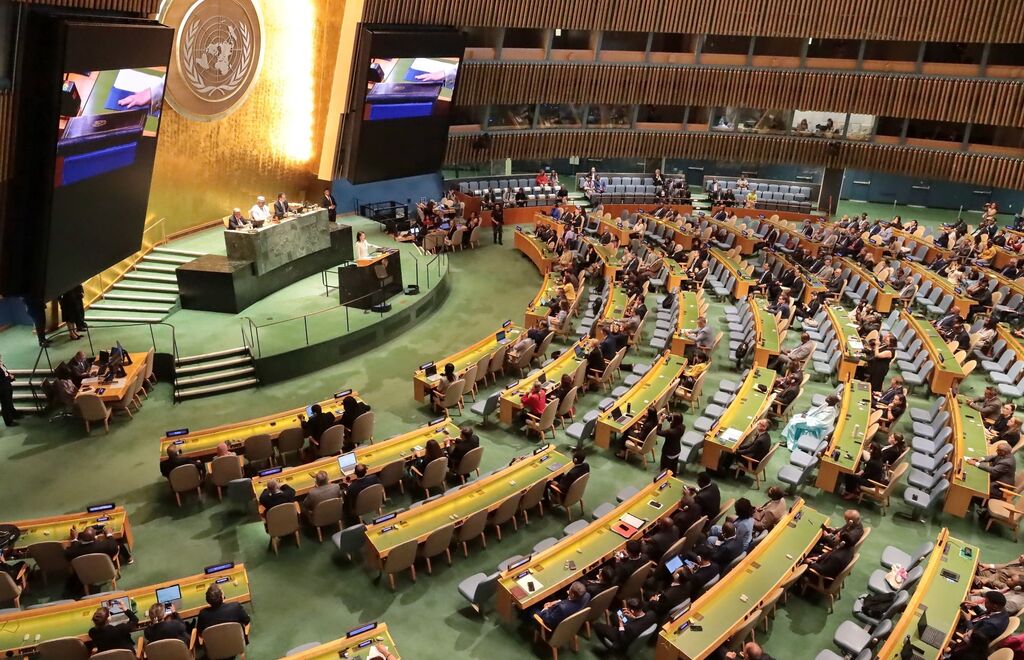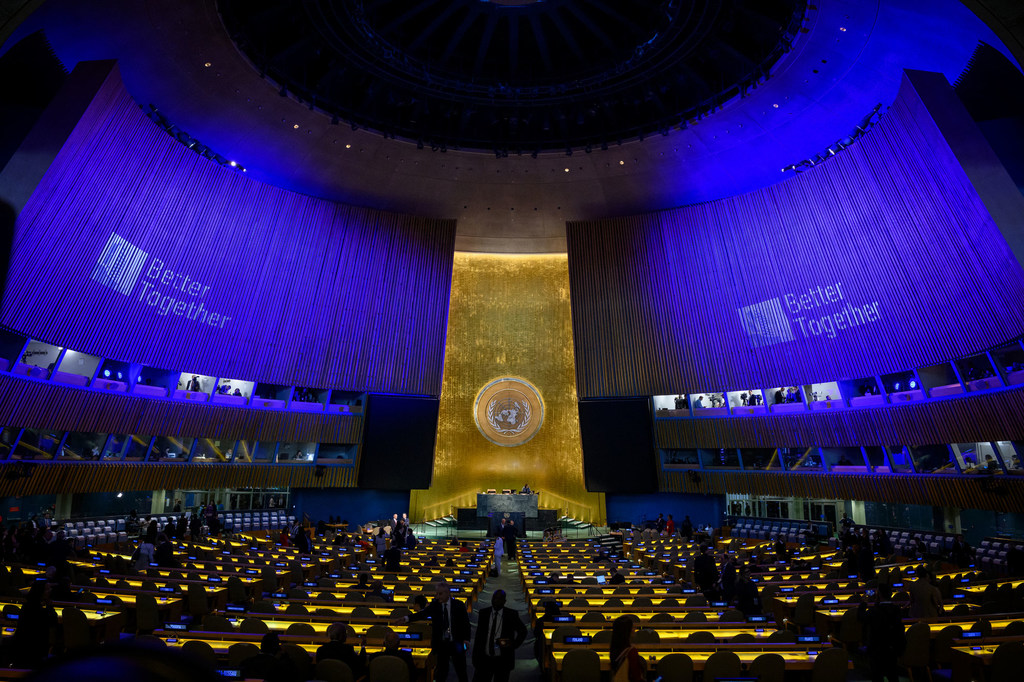On September 24, 2025, in New York, on the margins of the 80th United Nations General Assembly, African heads of state convened global leaders at a high-level event, sounding the alarm about escalating threats to global health security.

Under the powerful theme “United for Global Health Security,” this high-level event was organized by a strategic alliance of two major coalitions: the Global Leaders Network for Women, Children, and Adolescent Health, chaired by the President of South Africa, Cyril Ramaphosa, and the African Leaders Malaria Alliance (ALMA), led by Botswana President Duma Gideon Boko.
This union symbolizes a crucial truth: the fight against preventable diseases, such as malaria, cannot be separated from the building of strong health systems. A child saved from malaria by a mosquito net must also have access to quality neonatal care and adequate nutrition. Health security is not a single act, but the sum of many different interventions.
Between 2021 and 2025, official development assistance for health in Africa has fallen by around 70%, despite an exacerbation of disparities, conflicts, and population movements that have increased the needs and precariousness of the citizens affected.
In recent years, there has been a significant decline in official development assistance (ODA) for health. African leaders have warned that without urgent and sustained funding, essential programs are at risk of collapse.
African leaders have advocated for proven innovations, calling on the World Bank’s International Development Association (IDA) to establish a second program to strengthen the fight against malaria. The first program (phases I and II), which ran from 2005 to 2015, led to millions of dollars of investment in the battle against malaria, preventing millions of cases and saving lives.
The presence of the African Leaders Malaria Alliance (ALMA), alongside President Boko, was a powerful reminder that no health security is possible as long as preventable and treatable diseases such as malaria continue to claim lives. Eradicating malaria is not just a health battle; it is a strategic imperative to strengthen the resilience of health systems and unlock the potential of future generations. This event underscored that defeating malaria is a cornerstone of global health security, and that African leadership is more determined than ever to end this burden.

